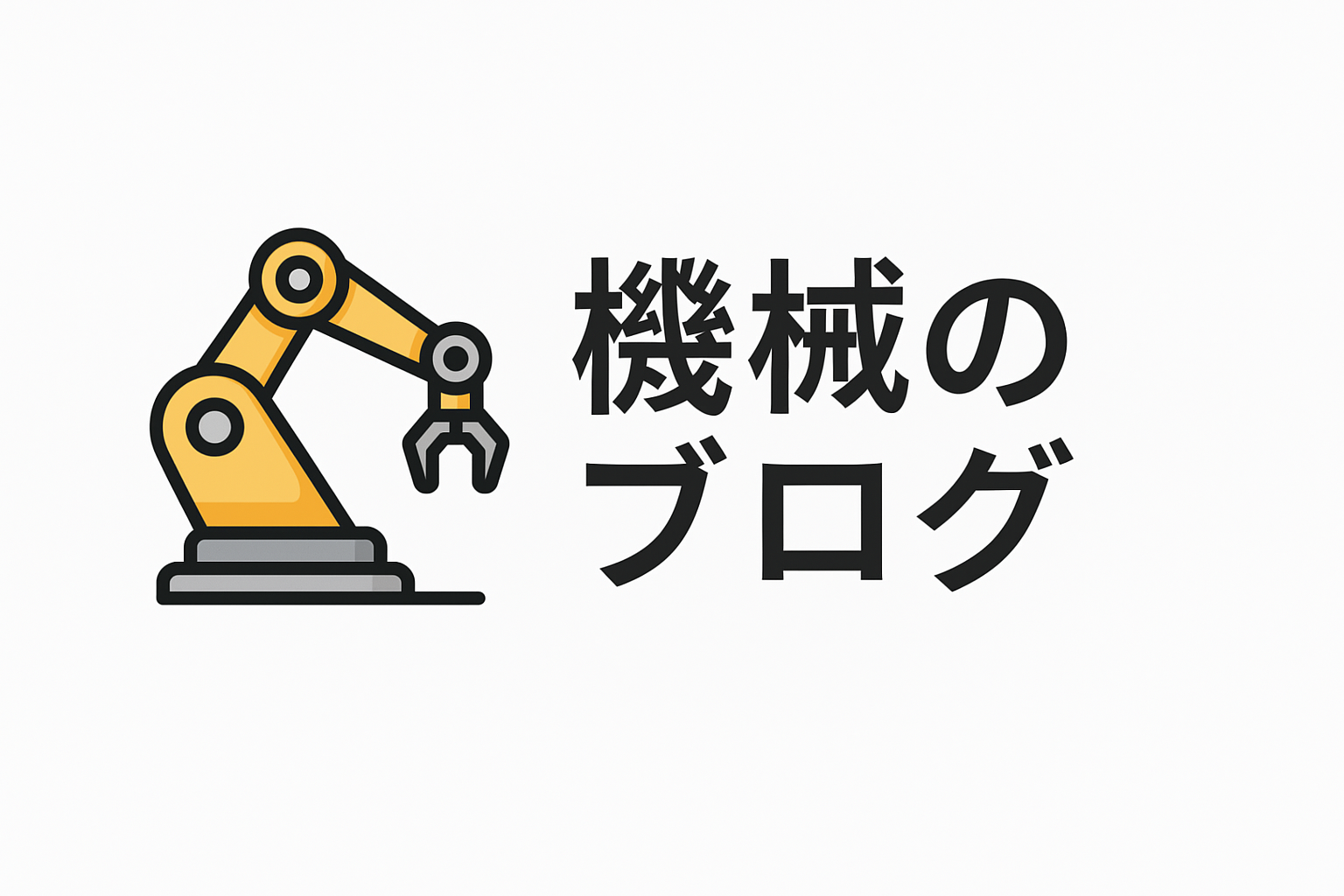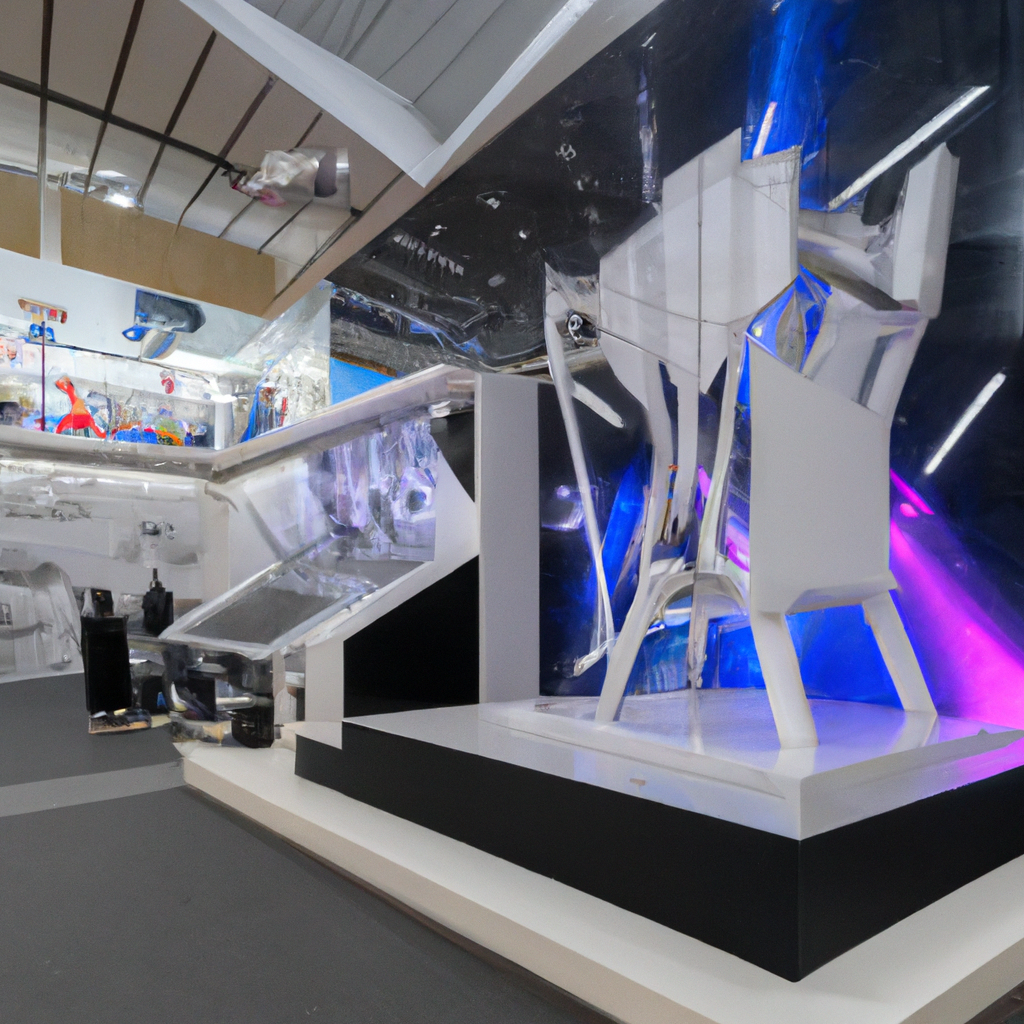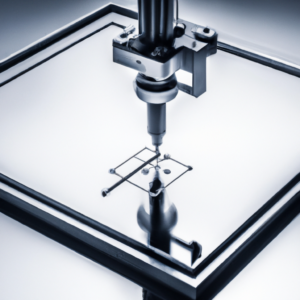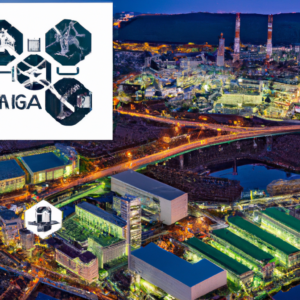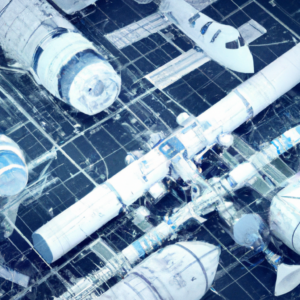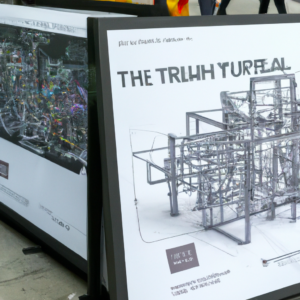Future Factory Expo: Gateway to Smart Innovation
In the rapidly evolving world of manufacturing, staying ahead of technological advancements is crucial for maintaining competitiveness. The Future Factory Expo serves as a cornerstone event, showcasing cutting-edge innovations and providing industry professionals with insights into the future of manufacturing. This article delves into the pivotal role of the expo in shaping smart innovations and the transformative impact it holds for the manufacturing sector.
Introduction
The manufacturing industry is on the brink of a technological revolution. As we stand at the threshold of Industry 4.0, the integration of digital and physical systems promises to redefine how products are designed, produced, and delivered. The Future Factory Expo is at the forefront of this transformation, offering a platform for industry leaders, innovators, and professionals to explore the latest advancements in smart manufacturing technologies.
Section 1: The Rise of Smart Manufacturing
Smart manufacturing is characterized by the use of advanced technologies such as the Internet of Things (IoT), artificial intelligence (AI), machine learning, and robotics. These technologies enable real-time data collection and analysis, facilitating a more efficient, flexible, and sustainable production process. At the Future Factory Expo, visitors can witness firsthand how these technologies are being implemented across various manufacturing sectors.
The expo highlights the transition from traditional manufacturing processes to smart systems that are more interconnected and responsive. This shift is driven by the need to enhance productivity, reduce costs, and improve product quality. By embracing smart manufacturing, companies can gain a competitive edge in a rapidly changing market.
Section 2: Key Innovations Showcased at the Expo
The Future Factory Expo is a hub of innovation, featuring a wide array of technologies that are reshaping the manufacturing landscape. Some of the key innovations include:
- IoT and Connectivity: IoT devices and sensors are revolutionizing how data is collected and utilized on the factory floor. This connectivity allows for enhanced monitoring and control of production processes, leading to improved efficiency and reduced downtime.
- AI and Data Analytics: AI-driven analytics provide manufacturers with valuable insights into their operations. By analyzing large datasets, AI can identify patterns and optimize production processes, leading to significant cost savings and improved decision-making.
- Advanced Robotics: Robotics technology is becoming more sophisticated, with robots capable of performing complex tasks alongside human workers. These collaborative robots, or cobots, enhance productivity and safety in manufacturing environments.
- 3D Printing: Also known as additive manufacturing, 3D printing allows for the rapid prototyping and production of parts with complex geometries. This technology is particularly beneficial for custom and small-batch production.
- Augmented Reality (AR): AR technology is used for training and maintenance purposes, providing workers with real-time information and instructions. This enhances skill development and reduces errors on the production line.
Section 3: Sustainable Manufacturing Practices
Sustainability is a key focus at the Future Factory Expo, with many exhibitors showcasing technologies that promote eco-friendly manufacturing practices. As consumers and regulators place increasing importance on sustainability, manufacturers are under pressure to reduce their environmental impact.
Smart manufacturing technologies contribute to sustainability by optimizing resource usage, reducing waste, and minimizing energy consumption. For example, predictive maintenance enabled by IoT sensors can prevent equipment failures, reducing material waste and energy usage. Additionally, AI-driven analytics can help identify areas for improvement in energy efficiency.
The expo also highlights the role of circular economy principles in manufacturing, where waste materials are repurposed or recycled back into the production cycle. This approach not only reduces environmental impact but also offers cost savings for manufacturers.
Section 4: The Role of Human Capital in Smart Manufacturing
While technology plays a crucial role in the future of manufacturing, the importance of human capital cannot be overstated. The Future Factory Expo emphasizes the need for a skilled workforce capable of adapting to new technologies and processes.
As manufacturing becomes more automated and data-driven, the demand for workers with expertise in digital technologies, data analysis, and robotics is on the rise. The expo offers numerous workshops and seminars focused on skill development and training, ensuring that the workforce is equipped to meet the challenges of the future.
Moreover, the integration of technology in manufacturing processes calls for a new approach to workforce management, where collaboration between humans and machines is optimized. This requires not only technical skills but also adaptability, critical thinking, and problem-solving abilities.
Section 5: Networking and Collaboration Opportunities
The Future Factory Expo is not just about showcasing technology; it is also a platform for networking and collaboration. The event brings together industry leaders, innovators, and professionals from across the globe, fostering an environment of collaboration and knowledge sharing.
Attendees have the opportunity to engage with exhibitors, participate in panel discussions, and attend keynote presentations by industry experts. These interactions provide valuable insights into emerging trends and best practices, enabling companies to stay ahead of the curve.
Collaboration is key to driving innovation in manufacturing. By partnering with technology providers, research institutions, and other manufacturers, companies can leverage a diverse range of expertise to accelerate the development and implementation of smart manufacturing solutions.
Conclusion
The Future Factory Expo serves as a gateway to smart innovation, offering a glimpse into the future of manufacturing. As the industry continues to evolve, embracing advanced technologies and sustainable practices will be essential for maintaining competitiveness and meeting the demands of a rapidly changing market.
By attending the expo, manufacturing professionals can gain valuable insights into the latest innovations, network with industry leaders, and explore opportunities for collaboration. As we move towards a more interconnected and efficient manufacturing ecosystem, the Future Factory Expo remains an indispensable event for those seeking to drive smart innovation in their organizations.
The path to the future of manufacturing is paved with opportunities for those willing to embrace change and innovation. The Future Factory Expo is the gateway to this exciting future, and its impact on the industry will be felt for years to come.
